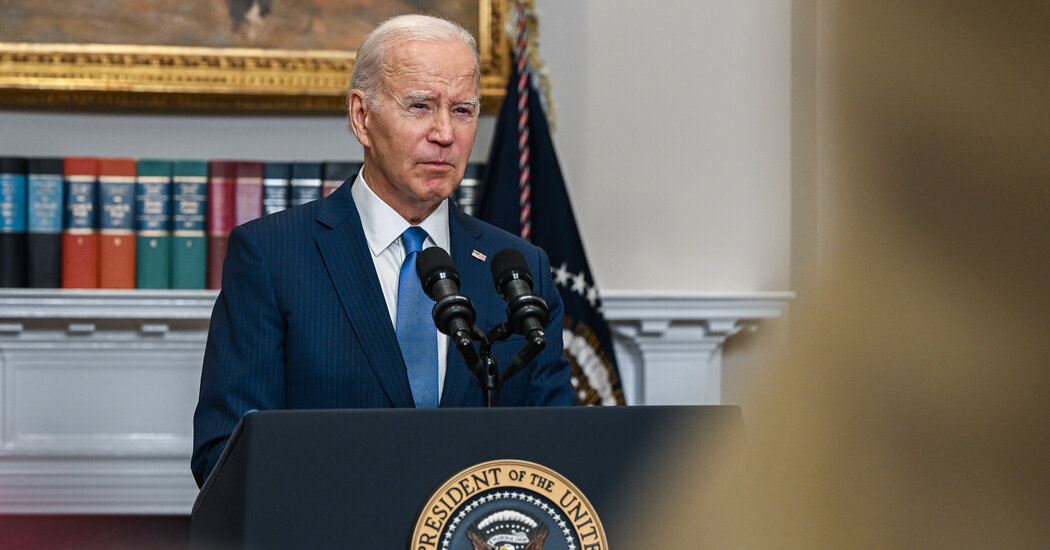For years, the U.S. investors who backed ByteDance, the Chinese internet company that owns TikTok, have wrestled with the complexities of owning a piece of a geopolitically fraught social media app. Now it’s gotten even more complicated. A bill to force ByteDance to sell TikTok is winding its way through the Senate after sailing through the House this month. Questions about whether TikTok’s Chinese ties make it a national security threat are mounting. And U.S. investors including General Atlantic, Susquehanna International Group and Sequoia Capital — which collectively poured billions…
Tag: Private Equity
American Firms Invested $1 Billion in Chinese Chips, Lawmakers Find
A congressional investigation has determined that five American venture capital firms invested more than $1 billion in China’s semiconductor industry since 2001, fueling the growth of a sector that the United States government now regards as a national security threat. Funds supplied by the five firms — GGV Capital, GSR Ventures, Qualcomm Ventures, Sequoia Capital and Walden International — went to more than 150 Chinese companies, according to the report, which was released Thursday by both Republicans and Democrats on the House Select Committee on the Chinese Communist Party. The…
Biden to Restrict Investments in China, Citing National Security Threats
The Biden administration plans on Wednesday to issue new restrictions on American investments in certain advanced industries in China, according to people familiar with the deliberations, a move that supporters have described as necessary to protect national security but that will undoubtedly rankle Beijing. The measure would be one of the first significant steps the United States has taken in its economic clash with China to clamp down on financial flows. It could set the stage for more restrictions on investments between the two countries in the years to come.…
U.S. Aims to Curb Investment in China Amid Security Concerns
Others say that China has access to plenty of other sources of funding worldwide, and that cutting off access would prevent U.S. companies from benefiting from Chinese innovations. “Getting the details right on outbound investment screening is easier said than done,” said Rory Murphy, the vice president of government affairs for the U.S.-China Business Council. “These are technical and complicated sectors, and the details are critical.” He added that his group wanted to “help policymakers thread the needle of achieving their national security objectives while not going too broad and…



